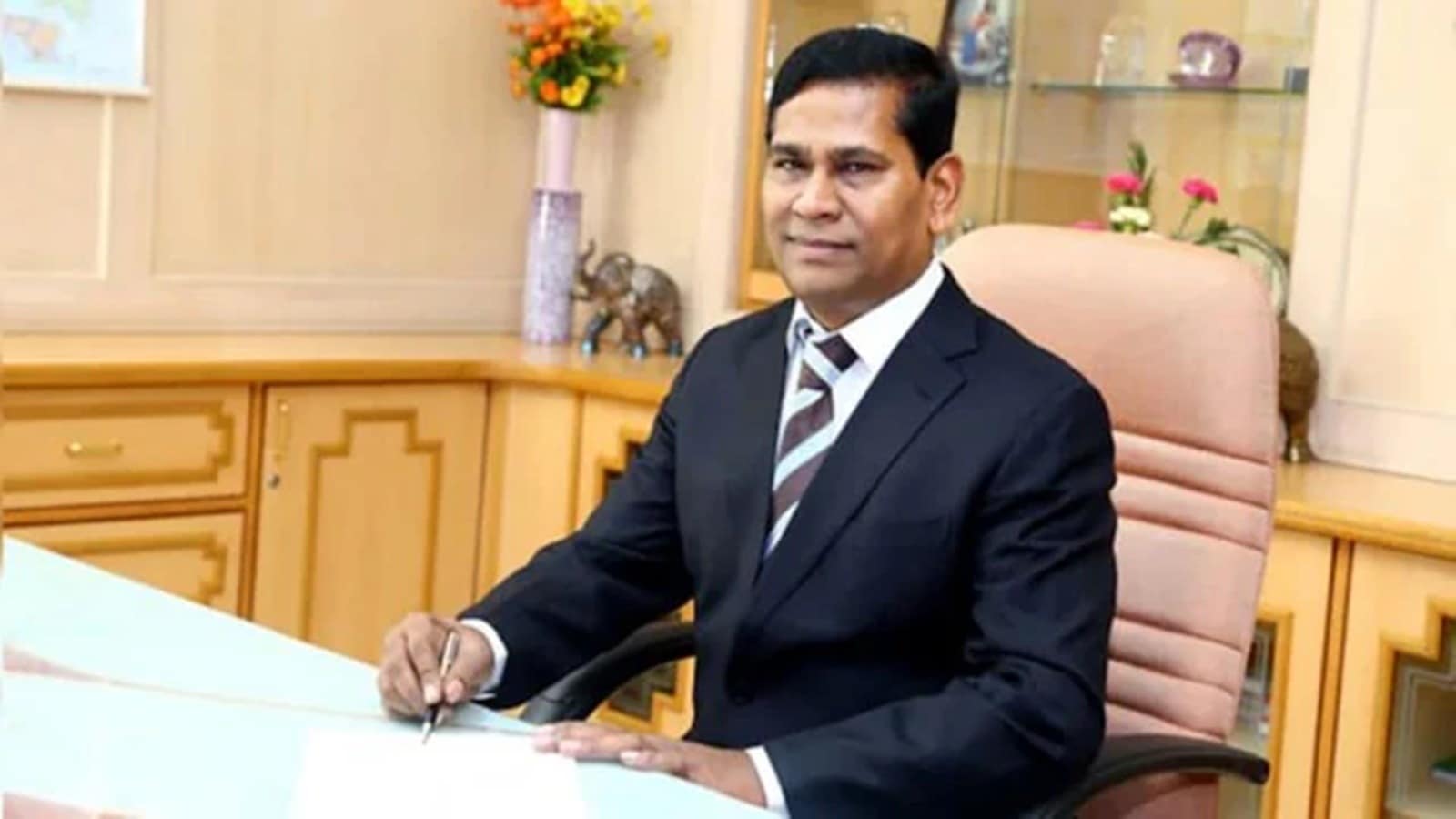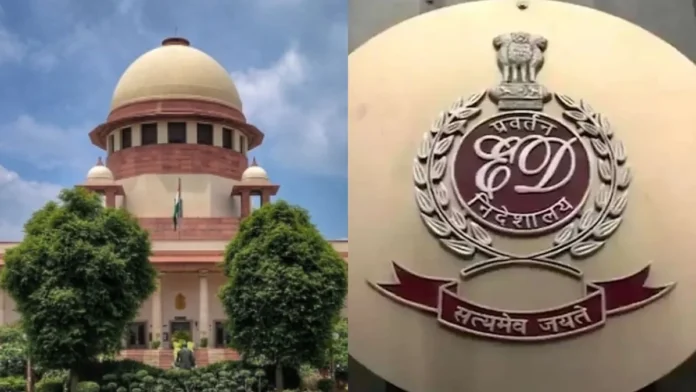In a significant ruling, the Supreme Court of India has barred the Enforcement Directorate (ED) from accessing or copying data from electronic devices seized during raids on “lottery king” Santiago Martin, his relatives, and employees. The searches, conducted in November across 22 locations in six states, were part of an investigation into allegations of illegal lottery operations by Martin’s company, Future Gaming and Hotel Services Private Limited.
The ruling, passed by Justices Abhay S Oka and Pankaj Mithal on December 13, has been hailed as a crucial precedent in protecting constitutional rights, particularly the right to privacy, in cases involving digital evidence.
The Case Against Santiago Martin
The ED’s investigation stems from a complaint by the Meghalaya Police, which accused Future Gaming of unlawfully monopolizing the lottery business in the state. The raids led to the seizure of Rs 12.41 crore in cash, along with 12 categories of electronic devices, including 17 mobile phones, hard disks, and email backups from Martin, his family members, and senior staff.
Martin’s company, Future Gaming, is also the single largest donor of electoral bonds in India, having purchased bonds worth Rs 1,368 crore between 2019 and 2014. Major beneficiaries included the Trinamool Congress (Rs 542 crore), DMK (Rs 503 crore), YSR Congress (Rs 154 crore), and BJP (Rs 100 crore).

Supreme Court’s Landmark Decision
In response to a petition filed by Future Gaming, the Supreme Court ordered that the ED “not access and copy” the contents of any seized electronic devices. The court also upheld the summons issued under the Prevention of Money Laundering Act (PMLA) that required individuals to appear for the extraction of data from their devices.
The court’s order comes amid growing concerns about the misuse of digital evidence and its privacy implications. The petitioners argued that electronic devices often contain deeply personal and sensitive information, such as financial details, medical records, and business strategies, making unrestricted access a violation of fundamental rights.
Lawyer Rohini Musa, representing Future Gaming, emphasized the significance of the ruling. “This decision could set a precedent for other cases, ensuring that investigating agencies do not use unrestricted seizures to embark on fishing expeditions or force individuals to incriminate themselves,” she stated.
Broader Implications and Privacy Concerns
The Supreme Court’s decision aligns with ongoing debates about balancing law enforcement needs with privacy rights. The petition filed by Future Gaming highlighted the absence of clear guidelines for the seizure and access of digital devices, leaving scope for potential misuse.
The court order has also brought attention to similar cases, including those filed by employees of Amazon India and Newsclick, seeking guidelines on the handling of digital evidence. These cases argue that unrestricted access to digital devices infringes upon constitutional protections and calls for judicial intervention to safeguard individual rights.

ED’s Perspective and Ongoing Investigations
Senior officials from the ED described the Supreme Court’s order as “unprecedented” but downplayed its impact on the investigation. They emphasized that the agency had other substantial evidence against Martin and his company, including properties worth Rs 622 crore recently attached by the ED.
The ED also defended its procedures, stating that it adheres to the Central Bureau of Investigation (CBI) Manual on Search and Seizure of Digital Evidence. However, the ruling has prompted discussions about revising these guidelines to address evolving concerns about digital privacy.
Future Gaming’s Legal Strategy
The petition filed by Future Gaming’s legal team, led by former Attorney General Mukul Rohatgi, argued that unrestricted access to digital devices could lead to the misuse of personal and business data. They highlighted the company’s substantial contributions to the Indian economy, including the payment of Rs 28,205 crore in Goods and Services Tax (GST) for operating state-run lotteries.
The company’s lawyers underscored the need for judicial safeguards to prevent arbitrary seizures and protect individuals from self-incrimination in cases where digital evidence is involved.
A Precedent-Setting Ruling
The Supreme Court’s decision in the Santiago Martin case has far-reaching implications for law enforcement practices and individual rights. By drawing a clear line on accessing and copying digital evidence, the court has reinforced the importance of privacy and due process in investigative proceedings.
As the case unfolds, it is expected to shape the framework for handling digital evidence in India, ensuring that constitutional protections remain at the forefront of law enforcement efforts.

